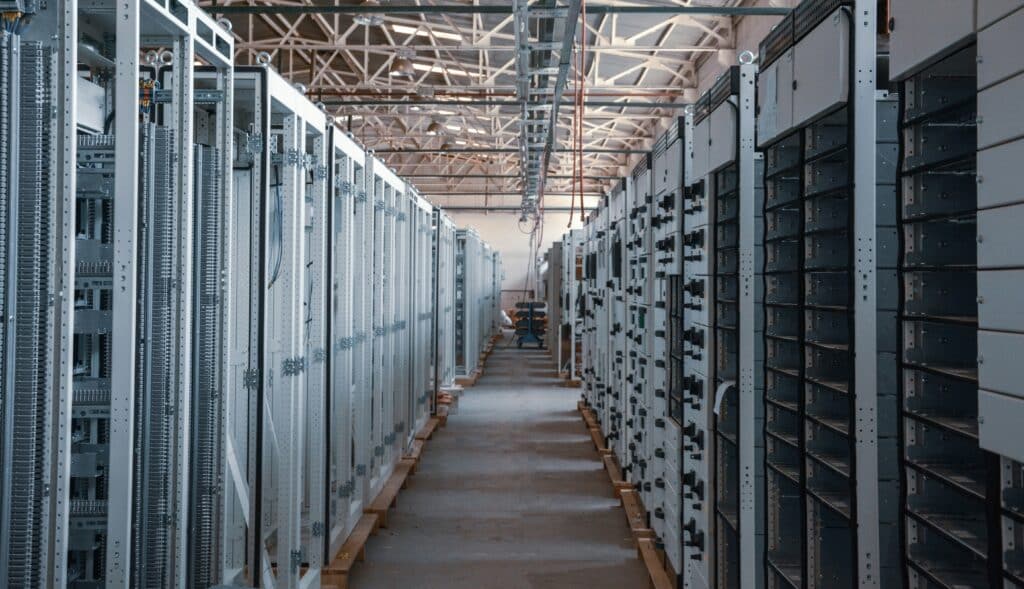Google has made some bold commitments to a carbon free future. In 2007, it announced it had become carbon neutral, having eliminated its carbon legacy dating back to its foundation in 1998 through the purchase of high-quality carbon offsets. One year ago Google committed to run their data centres and campuses on 24/7 carbon-free energy by 2030.
Their latest product developments – with an emphasis on helping individuals to make their travel less impactful to the environment – have been well received in the online press, who have previously alleged the negative aspects of Google’s actions and impact on the environment. For example, a 2019 Guardian article reported Google made “substantial” contributions to some of the most notorious climate deniers and think tanks that voice opposition to climate legislation.
Emphasis on the individual
Google has recently announced new ways for people using Google products can make sustainable choices, on the face of it all looks fantastic “introducing new features to book flights or purchase appliances that have lower carbon footprints, a Nest program to support clean energy from home, and eco-friendly routing on Google Maps”
Focusing on how individuals can help lower their carbon emissions is of course a welcome tool in the fight against the climate crisis. However, far greater ownership and responsibility needs to be taken by large corporations’ themselves, a sentiment echoed by The Conversation’s 2019 article ‘Climate change: focusing on how individuals can help is very convenient for corporations’.
CDP Carbon Majors Report 2017 report found that just 100 companies are responsible for 71% of global emissions since 1988.
Google’s new sustainability focused products
Google’s new products offer the individual new ways in which to make sustainable choices in their everyday lives. Here are some of the details:
Carbon emissions for Google flights – You’ll be able to see associated carbon emissions per seat for every flight, and quickly find lower-carbon options.
Hotels will display ‘eco/ credentials – When you search for hotels, you’ll see information on their sustainability efforts, from waste reduction and water conservation measures to whether they’re Green Key or EarthCheck certified.
Eco friendly routing – From 2022 in Europe, Google Maps will let you choose the most fuel-efficient route. The new routing model looks at road incline and congestion, to find the most fuel efficient route, now when you get suggestions, Google will automatically default to this route.
They estimate that this could save over one million tons of carbon emissions per year — the equivalent of removing over 200,000 cars from the road again.
Lite navigation for bikes – Some would argue it’s the number of cars on the road that’s the fundamental issue which needs addressing, however Google aims to assist here with simplified navigation for bikes, making it easier for cyclists to get around cities, as well as adding the ability to find and use bike stations as part of your route.
Home Appliances – Search for energy intensive products, like dishwashers, and suggestions in the Shopping tab will help narrow your search to cost-effective and sustainable options.
Google Finance – Sustainable ratings or “portfolio scores” are to be added on Google Finance so investors can calculate how eco-friendly their investments really are.
‘Climate change’ search results – A new experience for [climate change] searches will be rolled out, including tabs with specific information on the causes, effects and actions you can take.
Tree Canopy Insights – Combining AI and aerial imagery to help plan future tree planting projects in cities to reduce hot spots and improve air quality.
AI for more efficient traffic lights – Google aims to make routes more efficient, across an entire city, with early research into using artificial intelligence to optimise the efficiency of traffic lights seeing a 10-20% reduction in fuel consumption.
Read more on Google’s approach to sustainability.








